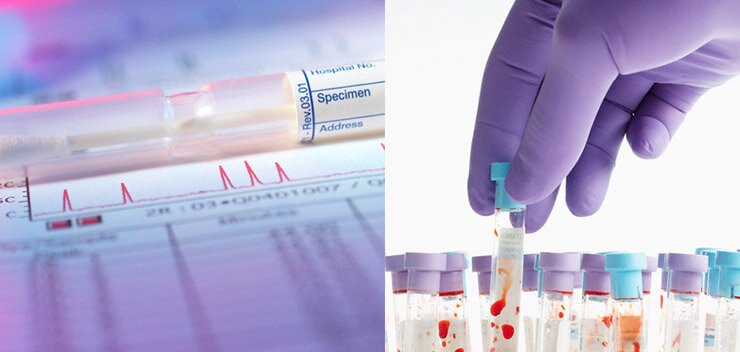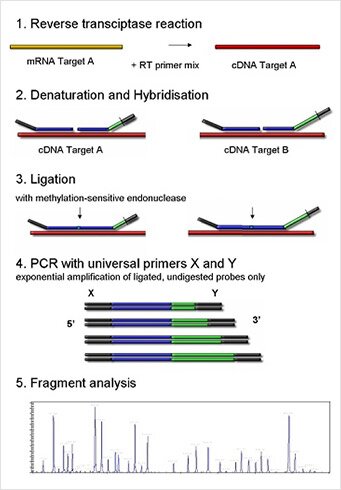Molecular Diagnostics - An Overview

Rapid diagnosis of the disease and its etiology is critical in the effective treatment and the possible cure of a patient. It is important to reduce the risks of a patient getting sicker while waiting for a correct diagnosis. Therefore, timely detection is crucial in avoiding the spread of the disease which could prove fatal. The sooner the physician is able to determine that a patient is having a disease, the sooner an appropriate treatment can be developed. The traditional diagnostic methods, often impeded and cumbersome, fail to pursue unusual/unknown pathogens, lacking sensitivity and specificity. Molecular diagnostics plays an instrumental role in improving the antibiotic and antiviral therapy for specific microorganisms.
Gene expression profiles and genetic mutations are key parameters in the molecular characterization of tumours. The gene and protein activity patterns in different types of cancerous and precancerous cells can be revealed and recorded as expression patterns. We hold expertise in rendering valuable services to facilitate rapid and reliable quantitative prognosis and diagnosis of prevalent and highly incident cancer types such as breast, brain, cervical, colon and lung cancer.
We Undertake Testing For -
- Infectious diseases
- Developmental disorders
- Chromosomal and genetic abnormalities
- Cancer risks
- Blood coagulation factors
- Hormone and vitamin levels
With our objective to provide expeditious and precise diagnostic tests, we employ cutting-edge antigen-antibody and nucleic acid based technologies. Besides ELISA-based assays, our focus lies on rapid diagnosis and sophisticated evaluation of diseases, necessitating us to use molecular diagnostic tools such as -
- PCR
- RT-qPCR
- Flow cytometry and
- MLPA® (Multiplex Ligation-Dependent Probe Amplification)
An Introduction to Multiplex Ligation-Dependent Probe Amplification (MLPA®)
MLPA, a simple high-throughput technique developed by MCR-Holland, Amsterdam, Netherlands; is one of the few accurate and time-saving methods that allows screening for the loss or duplication of up to 40 target sequences in a single multiplex PCR-based reaction. MLPA promotes high sensitivity detection of small deletions (targeting as small as 50-70nt sequences) and their exact break point site, single-gene aberrations and relative copy numbers of all exons of a gene simultaneously.

The technique relies on probe hybridisation to DNA, followed by PCR amplification and capillary electrophoresis-based semi-quantitative analysis. The peak patterns of the DNA sample relative to the reference peaks are indicative of aberrant sequences. The method enables amplification of multiple targets with a single primer pair. The underlying concept behind MLPA is, the amplification of only the hybridised probes and not the sample DNA. It thus overcomes the potential problems of dimerization and false priming common in a standard multiplex PCR reaction, requiring unique amplifying primer pair for each fragment. Evidently, the resulting PCR products correspond to the target sequence present in a DNA sample.
Herein, we employ MLPA for rapid detection of gene copy numbers, nucleotide mutations, genomic rearrangements, DNA methylation, duplications, aneuploidy and other chromosomal abnormalities.


